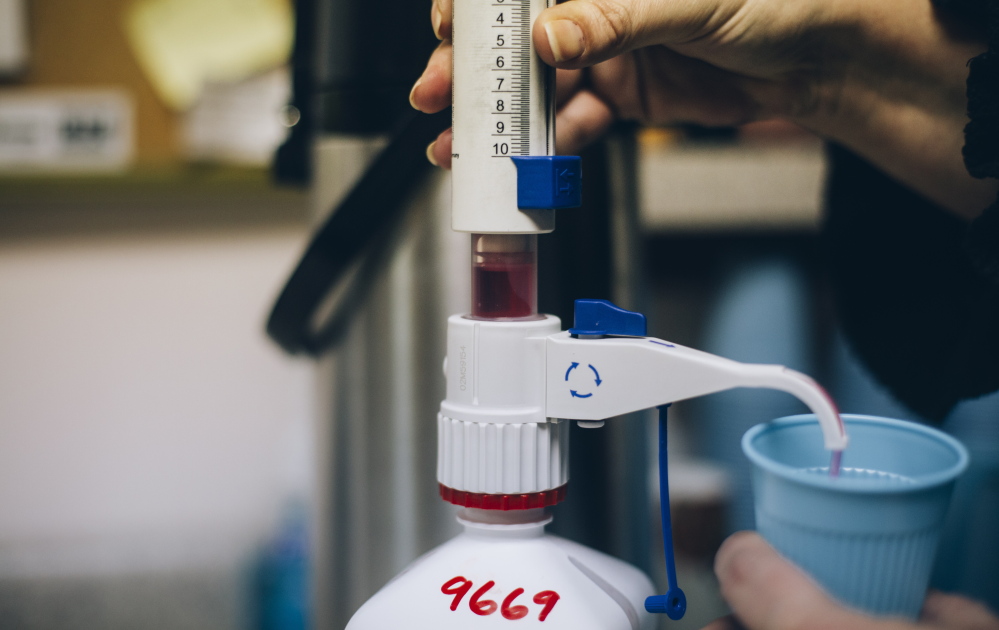The state of Maine is coming dangerously close to practicing medicine without a license.
The Legislature is considering a Department of Health and Human Services budget proposal to stop paying for drug addiction treatment with methadone, diverting patients to another drug replacement therapy, known by the brand name Suboxone.
The difference, testified DHHS Commissioner Mary Mayhew, is the setting in which the drugs are delivered. Methadone is distributed in freestanding clinics, and the medication is taken on site. Suboxone is available by prescription, which can be written by family doctors. Drug treatment is more successful when it’s integrated with physical wellness than when it’s handled as a separate condition, Mayhew said.
She may be right about that, but medical experts lined up in the State House last week to say that she is dead wrong about her proposed alternative. Methadone and Suboxone are two different drugs that are prescribed for different kinds of patients. Moving Medicaid patients from one to the other is asking for trouble, the real doctors say.
A Feb. 20 letter signed by representatives of the American Psychiatric Association, the American Society of Addiction Medicine, the Northern New England Society of Addiction Medicine and three other medical groups urged Mayhew to continue MaineCare reimbursements for methadone.
Last week, Dr. Steve Bien, a Farmington physician, testified that Maine would be going out on a limb by changing its approach to opiate addiction treatment this radically.
“I do not know of an addiction specialist or provider who supports what you are proposing,” he said, “and at this point, I fear this is an administrative initiative that is intruding itself into medical judgments and science without grounding in either one.”
Methadone has been a controversial treatment since it was first introduced 40 years ago. An opiate-dependent person can take a dose of methadone and not feel cravings or withdrawal symptoms. This enables many to hold jobs, care for families and otherwise do the hard work of recovery. Some stay on it for a matter of months, others for years.
Not everyone is a success story. There are clients who relapse and go back on street drugs. But at least while they are in the program, they are not engaging in street crime to feed a habit, giving business to drug dealers or driving demand for importers.
The LePage administration has been hard on publicly funded methadone treatment since taking office. In 2013, a two-year clock started on methadone treatment for people on MaineCare. At the end of that time, they would be on their own whether they were ready or not.
This “tough love” approach betrays a poor understanding of how substance abuse works. Opiate addiction is not a sign of bad character or weak will, but a disease that takes hold of some people and won’t let go. It’s not simply a matter of getting over a few days of withdrawal symptoms, but of doing the psychological work that it takes to chose sobriety.
We don’t punish people for having depression. We don’t tell people with schizophrenia to wake up and pull themselves together. We shouldn’t treat drug addiction, that way either.
Mayhew is right that physical and mental health are interrelated and are best addressed together. But it makes no sense to drop a therapy that is working, especially when opiate addiction is on the rise.
States should use every tool available to help people fight addiction. Maine should listen to the doctors, and keep methadone as an option.
Send questions/comments to the editors.



Success. Please wait for the page to reload. If the page does not reload within 5 seconds, please refresh the page.
Enter your email and password to access comments.
Hi, to comment on stories you must . This profile is in addition to your subscription and website login.
Already have a commenting profile? .
Invalid username/password.
Please check your email to confirm and complete your registration.
Only subscribers are eligible to post comments. Please subscribe or login first for digital access. Here’s why.
Use the form below to reset your password. When you've submitted your account email, we will send an email with a reset code.